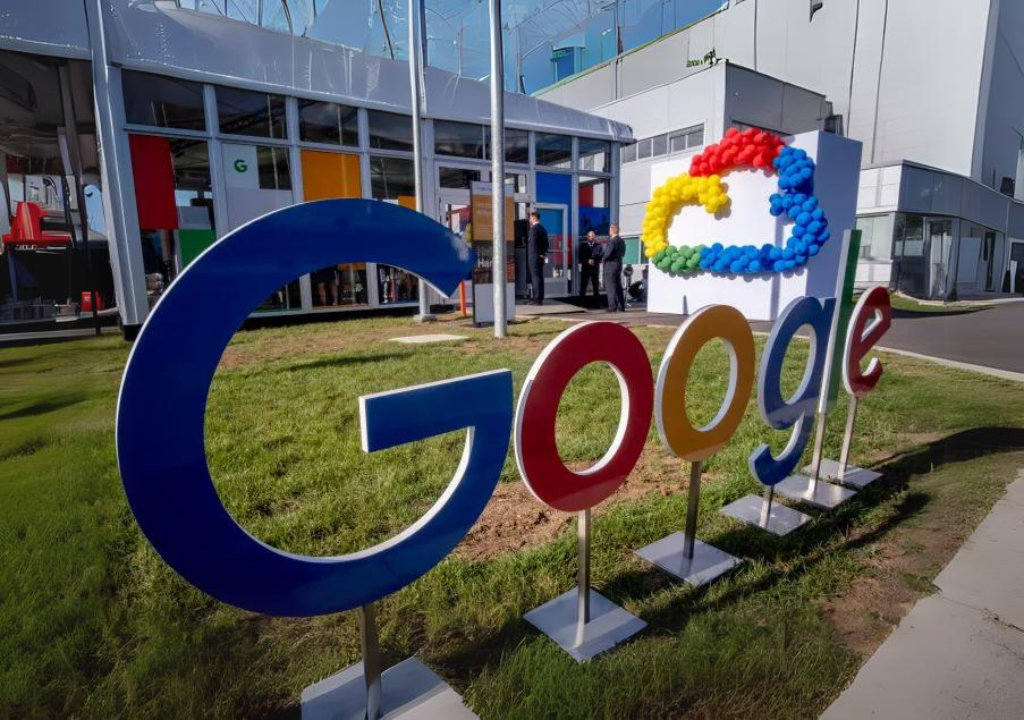Antitrust regulators will examine these major tech firms for possible violations of the Digital Markets Act.
On March 25, 2024, European Union regulators initiated their first investigations against Apple, Alphabet’s Google, and Meta, marking a significant step under the newly implemented Digital Markets Act (DMA). This sweeping legislation, which took effect on March 7, is aimed at preventing Big Tech companies from monopolizing digital markets.
The European Commission, the EU’s executive body, announced that it is investigating these companies for potential “non-compliance” with the DMA. This law mandates that six designated “gatekeepers,” which include major providers of services like search engines and social networks, adhere to regulations intended to create fair competition and broaden choices for users.
If found in violation, the companies could face fines of up to 10 percent of their global annual revenue. The DMA’s overarching goal is to foster a more equitable and competitive digital marketplace by dismantling closed ecosystems that restrict consumer options.
In a statement, the commission expressed concern that the compliance measures taken by these tech giants might not sufficiently meet the requirements outlined in the DMA.
The investigation is particularly focused on whether Google and Apple are allowing app developers to direct users to alternative offers outside their app stores, as mandated by the DMA. The commission has raised alarms about various restrictions imposed by these companies that may hinder apps from freely promoting their offers, including the imposition of fees.
EU industry chief Thierry Breton commented on the investigations, asserting that they should not come as a surprise. “The law is the law. We can’t just sit around and wait,” he stated during a press conference.
He also noted that Meta’s recent introduction of a subscription service without ads in Europe has faced criticism, and he expects the company to provide free alternatives as well. Both Google and Apple have also started implementing new fees for some of their services.
Earlier in the month, the EU imposed an antitrust fine of over €1.8 billion (approximately $1.95 billion) on Apple, following a complaint from Spotify. This marked the first antitrust penalty the company has received from the EU.
The commission’s scrutiny extends to Google’s practices, particularly regarding its compliance with DMA provisions that prevent preferential treatment of its own services over competitors. Concerns have been raised that Google’s practices may lead to unfair treatment of third-party services in its search results.
Investigators are also examining whether Apple is facilitating an easy transition for iPhone users to change web browsers, while they are scrutinizing Meta’s model that requires users to choose between paying a monthly fee for an ad-free experience or consenting to data collection for targeted advertising.
The commission highlighted that Meta’s “pay or consent” model might not genuinely provide a viable alternative for users who opt not to consent, which contradicts the objective of limiting data accumulation by gatekeepers.
The EU has been actively working to rein in Big Tech, resulting in multiple multibillion-dollar fines against Google and ongoing challenges to Meta regarding its influence in the online advertising space. Apple’s recent fine represents only a fraction of the €8.25 billion ($8.95 billion) penalties imposed on Google in three separate cases over the past decade.

